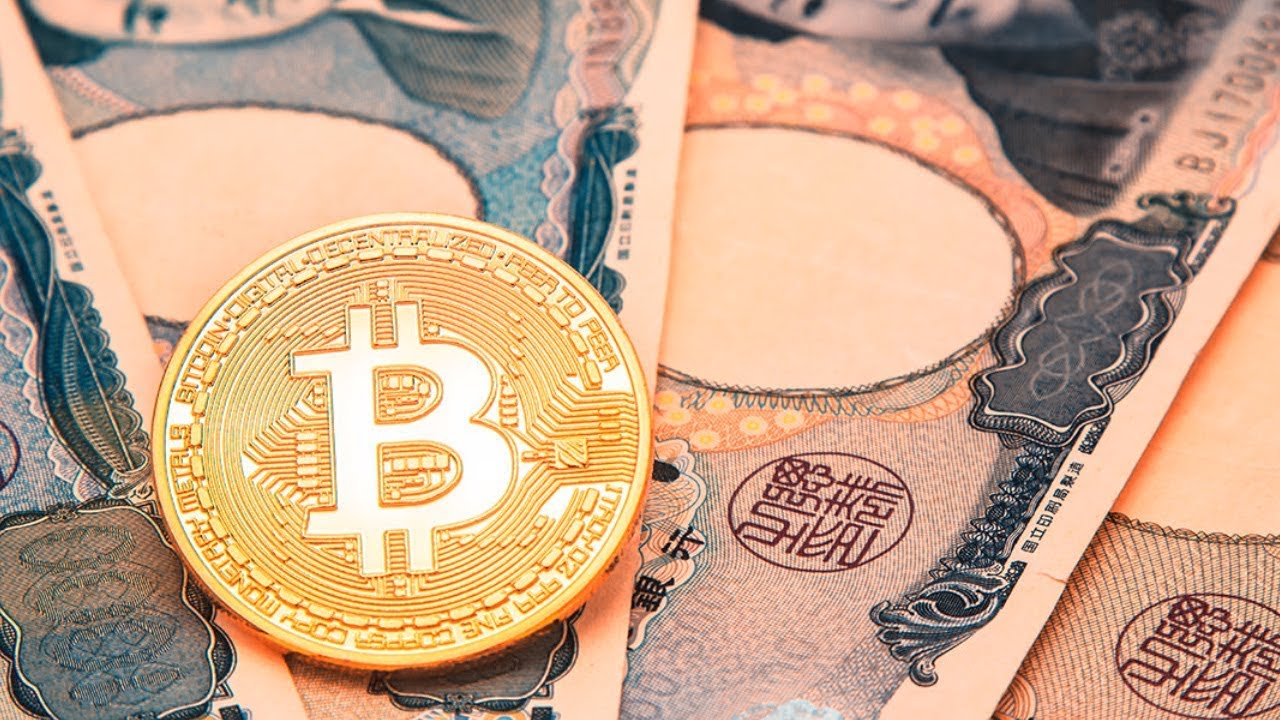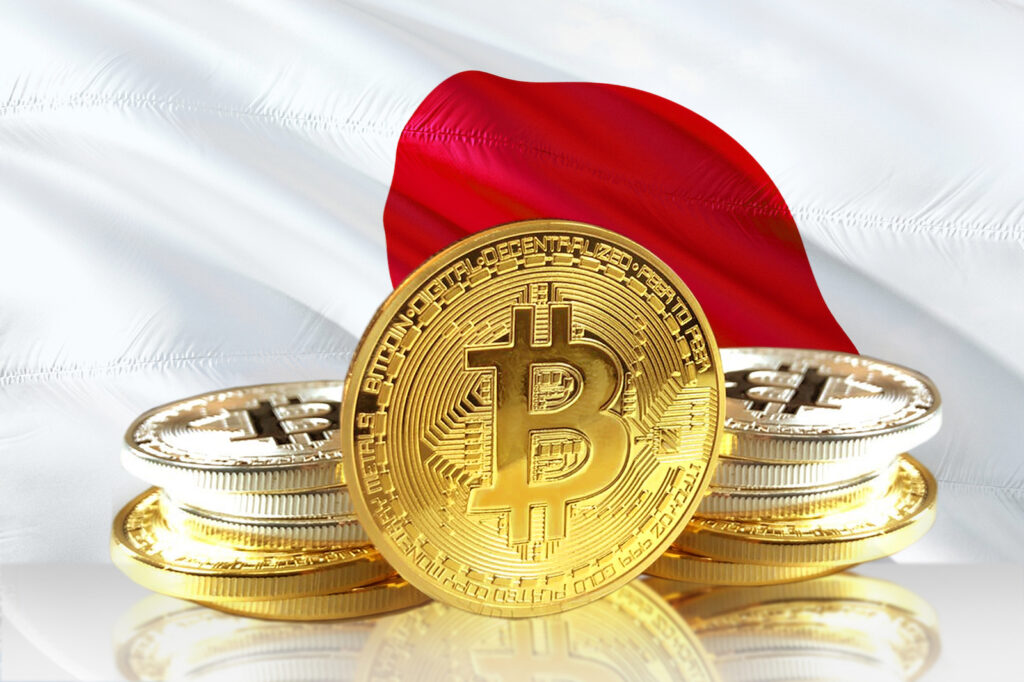Japanese law has long supported digital currencies and blockchain technology, making it one of the most crypto-friendly nations. Recent developments imply Japan’s cryptocurrency regulation may be changing. Japan’s primary financial watchdog, the Financial Services Agency (FSA), wants to change the classification of cryptocurrencies, which might affect the industry locally and internationally.
Current Japanese Cryptocurrency Classification
The Japanese FSA classifies cryptocurrency as “Crypto assets” under the Payment Services Act. This regulatory framework was introduced in 2017, making Japan one of the first countries to regulate cryptocurrencies. This concept treats cryptocurrencies as assets, not currencies. The PSA mostly defines crypto assets as a medium of trade or store of value.

The Japanese government allows trading, payments, and investments in Bitcoin, Ethereum, and other cryptocurrencies. Crypto exchanges in Japan must also register with the FSA, meet AML and KYC procedures, and follow high-security standards to protect users.
Although cryptocurrency classification has been criticised, Japan has made headway in regulating Crypto. As novel use cases like decentralized banking, tokenization, and non-fungible tokens (NFTs) gain popularity, critics say the current legal framework fails to reflect the Crypto space’s entire potential and complexity.
FSA wants to change its classification
The FSA’s interest in reclassifying cryptocurrencies is part of a global movement to understand and regulate cryptocurrencies and blockchain technologies. As the Crypto field evolves, established restrictions are becoming ineffective for emerging blockchain ideas.
Several considerations caused the FSA to reconsider cryptocurrency classification:
Institutional attention:
Cryptocurrency has gained institutional attention in recent years. Banks and asset managers are adding digital assets to their portfolios. Japan’s regulatory environment may need to change to accommodate institutional participants, who need more transparency and legal certainty when dealing with Crypto assets.
Global Regulatory Pressure:
As global regulators adopt cryptocurrency laws, Japan’s FSA may strive to match its regulatory approach with international standards. Japan may amend its crypto legislation to stay competitive in the global Crypto industry, since the US, EU, and UK have developed more extensive digital asset frameworks.
Investor Protection:
Digital assets, especially meme coins and highly speculative tokens, have raised investor protection concerns. Changing the classification of cryptocurrencies could allow the FSA to adopt additional consumer protections, protecting Japanese investors from fluctuating asset risks.
Possible Cryptocurrency Classification Changes
The FSA has not officially announced its cryptocurrency classification changes, but various options have arisen. This includes: Recognition of Digital Assets as Securities: The FSA may regulate cryptocurrencies and tokens like stocks and bonds. These assets would be regulated more strictly for issue, trading, and transparency. ICOs and token sales could be classified as securities, requiring stricter regulation to safeguard investors.
Another possible modification is creating categories for different cryptocurrencies. Depending on their use case, stablecoins could be regulated differently from speculative assets like Bitcoin or Shiba Inu. Stablecoins may have backing, reserve, and volatility rules. Expanding Crypto Asset Definition: The FSA could include NFTs, tokenized real estate, and other blockchain-based assets in its definition of cryptocurrencies. Therefore, Japan might create a more complete legislative framework for all blockchain technologies.
Consumer Protection Regulations: More thorough consumer protection regulations may be coming. Crypto exchanges may need stricter reporting, security, market manipulation and fraud prevention procedures. Such restrictions would protect Japanese investors from uncontrolled or poorly regulated cryptocurrency trading.
Crypto Industry Implications
An FSA cryptocurrency classification change could majorly affect the Japanese Crypto industry. Clarity and Legitimacy: Classifying cryptocurrencies more clearly could give Japanese investors and businesses more confidence. Companies would comprehend the regulatory framework, which might attract institutional investors and spur blockchain technology growth.
However, stricter rules could hinder sector innovation, especially if the FSA treats Crypto as securities or imposes stricter exchange and token issuer criteria. Competitive Advantage: By changing its legislative approach, Japan may lead the global cryptocurrency market and provide a stable and well-regulated environment for Crypto firms. The country might gain investment, talent, and innovation, boosting its digital economic position.
Also Read: Bitcoin Exchange Balances Fall in 2024 Signaling Growth
Conclusion
Japan’s Financial Services Agency (FSA) may revise its cryptocurrency classification, which could affect the domestic and worldwide Crypto markets. By adopting new classifications and maybe stronger regulations, Japan can strengthen its role as a global crypto hub while protecting investors and clarifying legislation. This shift must be balanced in the fast-changing cryptocurrency environment to avoid strangling innovation. How Japan’s regulatory landscape and the global crypto community react will be determined in the coming months.

